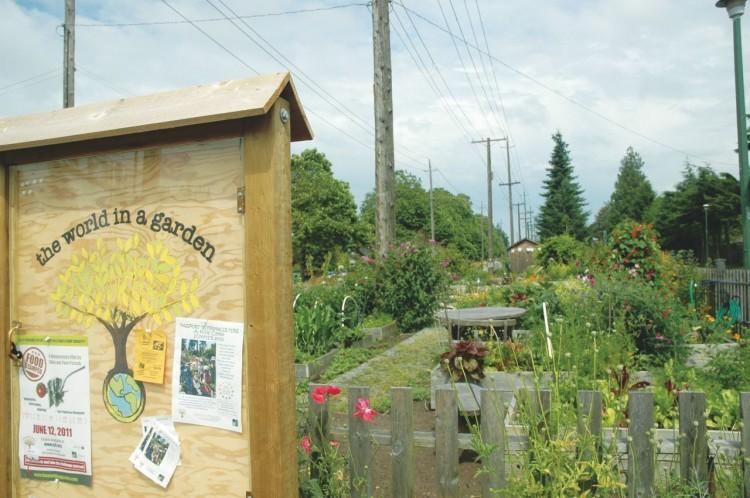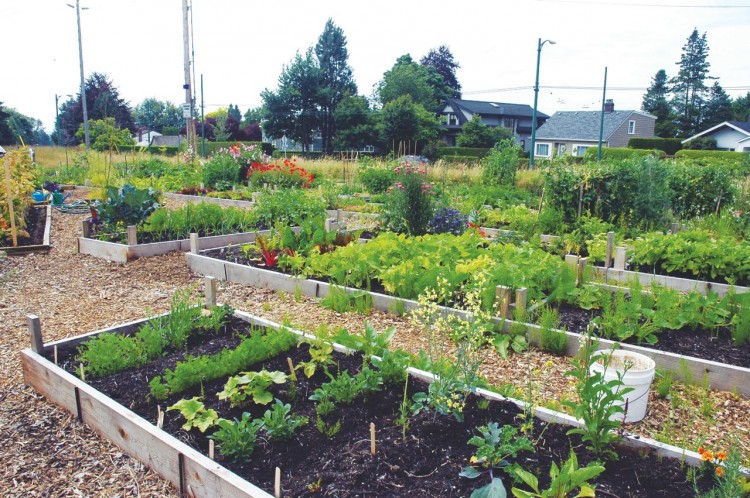Community gardens are becoming so popular in Vancouver that the city is struggling to keep up with the demand.
Last year a record 405 new plots were created in Vancouver’s 85 community gardens, bringing the total to 3,700 plots, one of the highest of any city in North America.
“We are not able to keep up with the demand,” says Mary Clare Zak, social policy director for the City of Vancouver.






